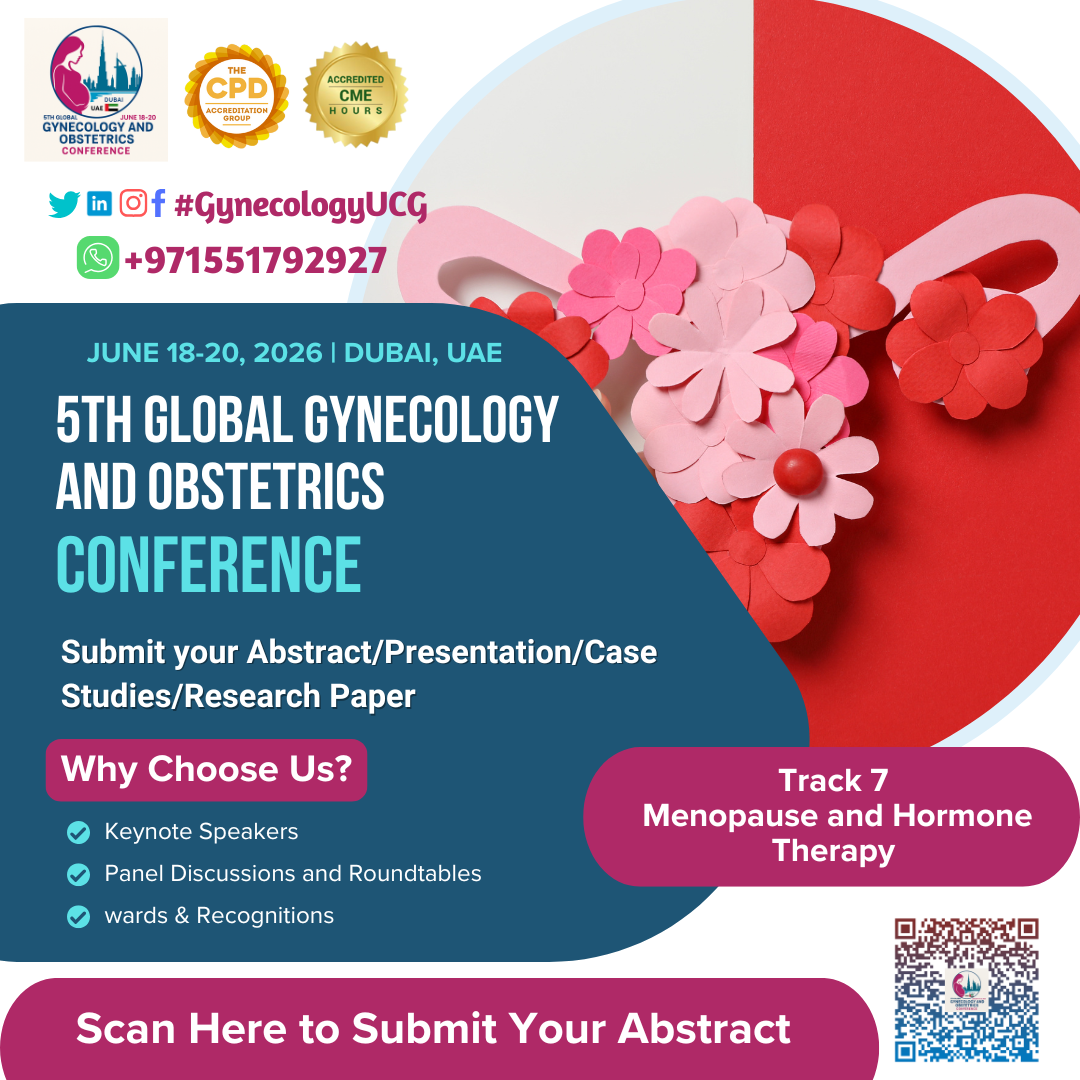



Sub Topics:Gynecology and Obstetrics
Gynecology and Obstetrics is a medical specialty...

Reproductive Endocrinology and Infertility (REI) is a subspecialty of obstetrics and gynecology focused...

Menopause and Hormone Therapy
Menopause is a natural biological transition marking the end of a woman’s reproductive years, typically occurring between ages 45 and 55. It is officially diagnosed after 12 consecutive months without a menstrual period. This phase is often preceded by perimenopause, during which hormone levels fluctuate and symptoms begin to appear.
Common symptoms of menopause include:
Hot flashes and night sweats
Sleep disturbances
Mood changes and irritability
Vaginal dryness and discomfort during intercourse
Decreased libido
Memory and concentration difficulties
Bone density loss and increased risk of osteoporosis
Hormone Therapy (HT), also known as Hormone Replacement Therapy (HRT), is one of the most effective treatments for relieving moderate to severe menopausal symptoms. HT typically involves the use of estrogen alone or a combination of estrogen and progesterone, depending on a woman’s medical history and whether she has a uterus.
The decision to begin hormone therapy is highly individualized and based on a thorough evaluation of symptoms, personal risk factors, and overall health. Non-hormonal therapies and lifestyle modifications are also important components of menopause management, particularly for women who are not candidates for HT.
Menopause care aims to support long-term health, improve quality of life, and empower women with the knowledge and tools to navigate this life stage with confidence and comfort.